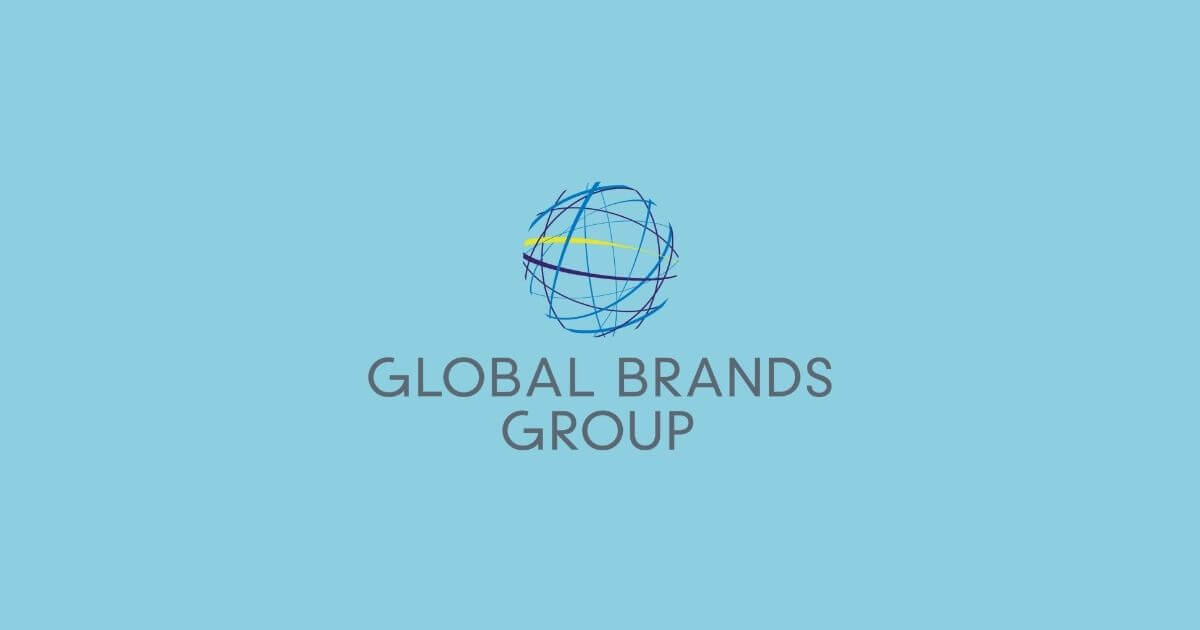GBG North America Bankruptcy Puts Multiple Brands in Play

Global Brands Group (GBG) North America, which was “running on fumes” when it filed for bankruptcy with a balance sheet “significantly strained” by minimum guarantee payments, is seeking a quick sale of some brands, potentially signaling another wave of retail and fashion labels changing hands.
The company, a division of GBG Holdings – the parent company’s European wholesale business and brand management joint venture with Creative Artists Agency (CAA) are unaffected by the filing – is seeking to emerge as a going concern, but with a pared-back roster of brands. But the question is, which brands will remain with the company and which will have new owners? That’s an issue that’s been raised frequently during the past year as dozens of brands and companies were put up for sale, largely through bankruptcy.
COVID Dealt A Severe Blow
GBG’s journey to bankruptcy was tied to multiple factors. First and foremost, the shutdown of retailers during the pandemic and the closing of multiple stores dealt a severe blow to GBG, as to other apparel companies which rely on wholesale business through brick-and-mortar retail; for GBG, that accounted for 85% of revenue. While GBG tried to build out a direct-to-consumer business, ecommerce business couldn’t offset the loss of bricks -and-mortar.
“Faced with the catastrophic effects of the global COVID-19 pandemic, industry-specific headwinds and other liquidity constraints, the debtors had no choice but to file for bankruptcy in an effort to preserve — and maximize — value for their creditors,” GBG CFO Mark Caldwell wrote in the bankruptcy filing. “By the end of the period, the North America business’ significant operating loss contributed to an acute lack of liquidity for this business.”
GBG sought to stave off bankruptcy with job furloughs and layoffs, increasing its DTC business and extending payments. It hired a restructuring firm and marketed its assets to 45 potential parties, 30 of whom signed confidentiality agreements to get access to data. These efforts came as vendors and suppliers moved recently to only ship GBG on a cash-on-delivery (COD) basis and “crucial customers” cancelled orders, Caldwell said.
Remaining Brands
It appears a newly constituted GBG North America could potentially be left with wholesale business connected to brands it licenses in such as All Saints, Ellen Tracy, Le Tigre, Capezio and Saga that are sold at retail along with some of its own brands, and a private label business that manufactures goods for Macy’s, Birdies, Le Tigre and Bloomingdales.
Through bankruptcy ,GBG plans to sell some of the brands it owns, including the Ely & Walker, Airband, MagnaReady, Yarrow, B New York and JUNIPERunltd businesses. It had already disposed of its interest in the Frye (boots, shoes, bags) and Spyder brands to Authentic Brands Group (ABG).
As a licensee, a big chunk of royalties are owed to ABG, which is due $3.6 million, according court documents. Kenneth Cole Productions ($6 million) is the top unsecured creditor on a list that also includes brand consultants Brand Matters ($1.9 million), outdoor clothing brand Dakine ($860,000), singer Jennifer Lopez’s JLO Holdings ($360,000) and brand management firm Bluestar Alliance ($300,000).
GBG also sold its Spyder Korea business to Alpha Vista Investment Co. for $40 million in April and it struck an agreement this month for Windsong Global and Hilco Brands’ $17.3 million offer for the Aquatalia footwear brand to serve as a stalking horse bid for a hearing on Sept. 17. It also sold its stake in a footwear joint venture back to singer Katy Perry. GBG’s venture with Sean “Diddy” Combs for the Sean Jean brand isn’t part of the bankruptcy, as it remains enmeshed in a legal battle.




